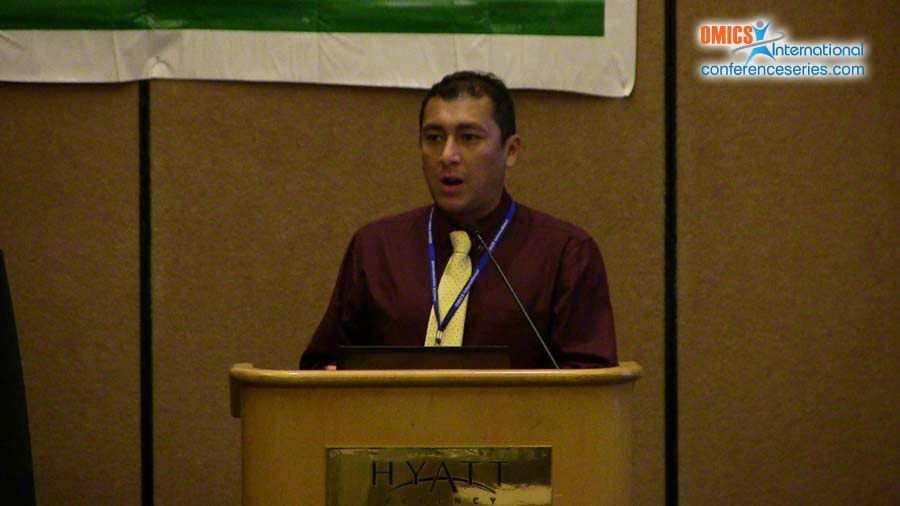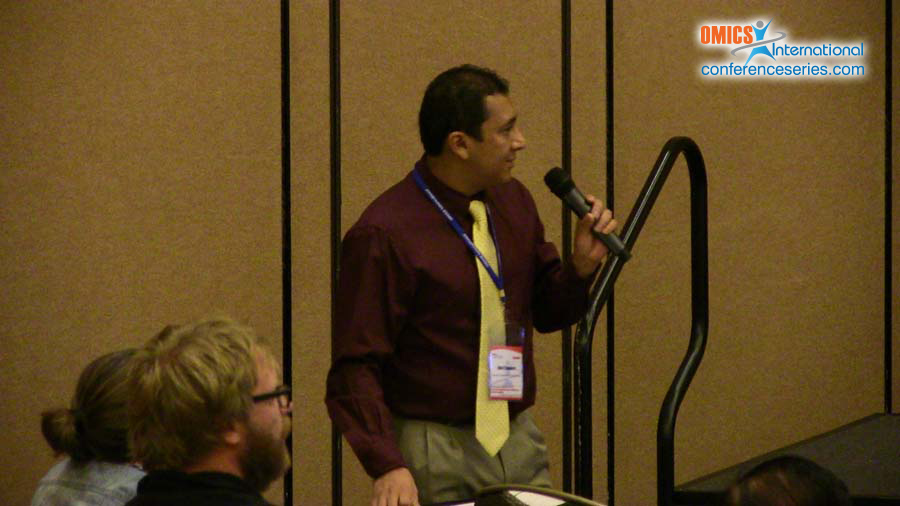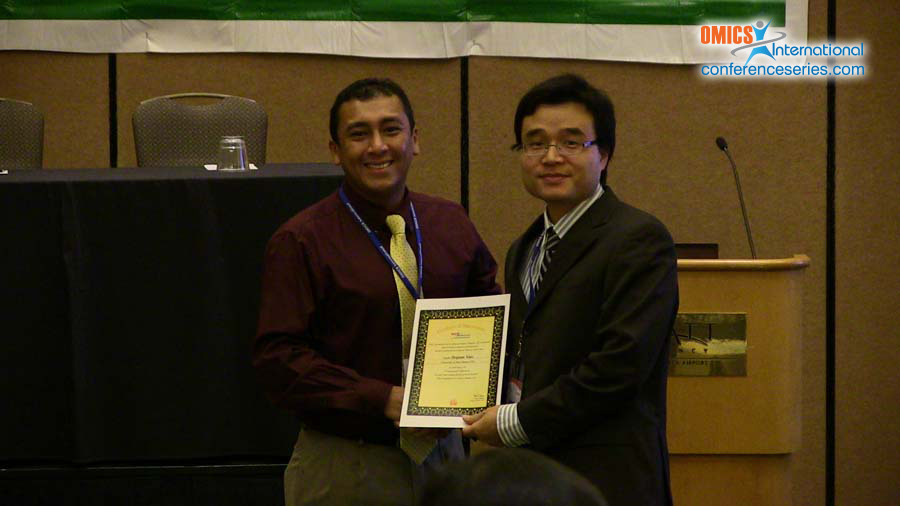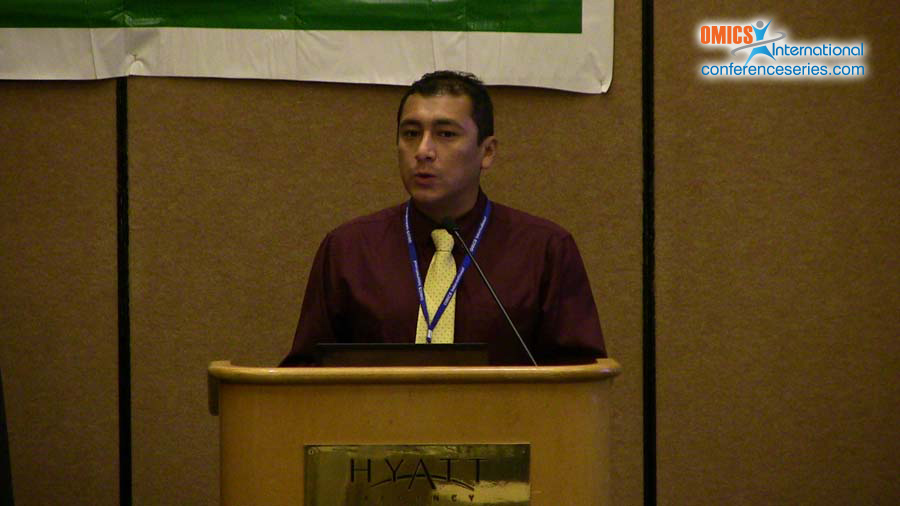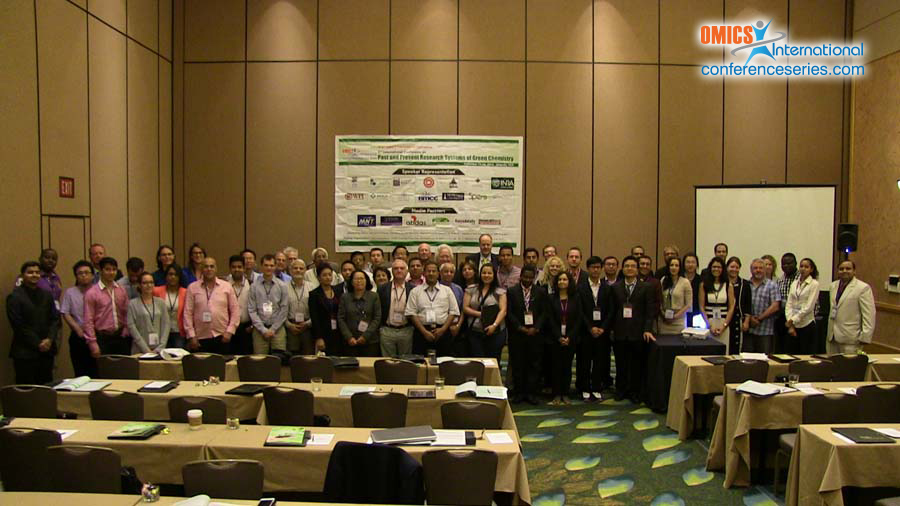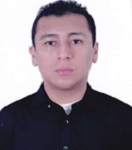
Abel E Navarro
Borough of Manhattan Community College, USA
Title: Bioremediation of pollutants from pharmaceutical residual waters with marine algae and derivatives
Biography
Biography: Abel E Navarro
Abstract
The growth of pharmaceutical industries and the constant development of more potent and selective drugs has created a major concern about the proper disposal of these substances. Antibiotics, analgesic and other drugstore products have been listed as top priority pollutants by the US-EPA and other international agencies. On the other hand, biodegradable adsorbents are being developed for the treatment of contaminated waters due to their low cost and efficiency in the removal of organic and inorganic pollutants. This research proposes the use of different types of Puerto Rican marine algae and hydrogel beads of alginate and chitosan for the bioremoval of antibiotics: Enrofloxacin, Amoxicillin, Penicillin G and other drugs such as caffeine. Batch experiments were conducted to determine the experimental conditions at which the adsorption of these compounds are is maximized. Parameters such as pH, salinity, adsorbent dose, initial drug concentration, and the presence of interfering substances were studied at room temperature. Results indicate that raw brown algae Sargassum sp. is the best adsorbent under the working conditions and can be easily applied to real wastewaters. Conversely, caffeine only showed a decent adsorption with hydrogel beads, reporting a preference for chitosan hydrogel beads. Finally, adsorbents were characterized by chemical and instrumental techniques to explore the adsorption mechanism. These results provide further insight into the application of marine algae and derivatives as potential adsorbents for pharmaceutical products, as an inexpensive and eco-friendly alternative.
Speaker Presentations
Speaker PPTs Click Here

